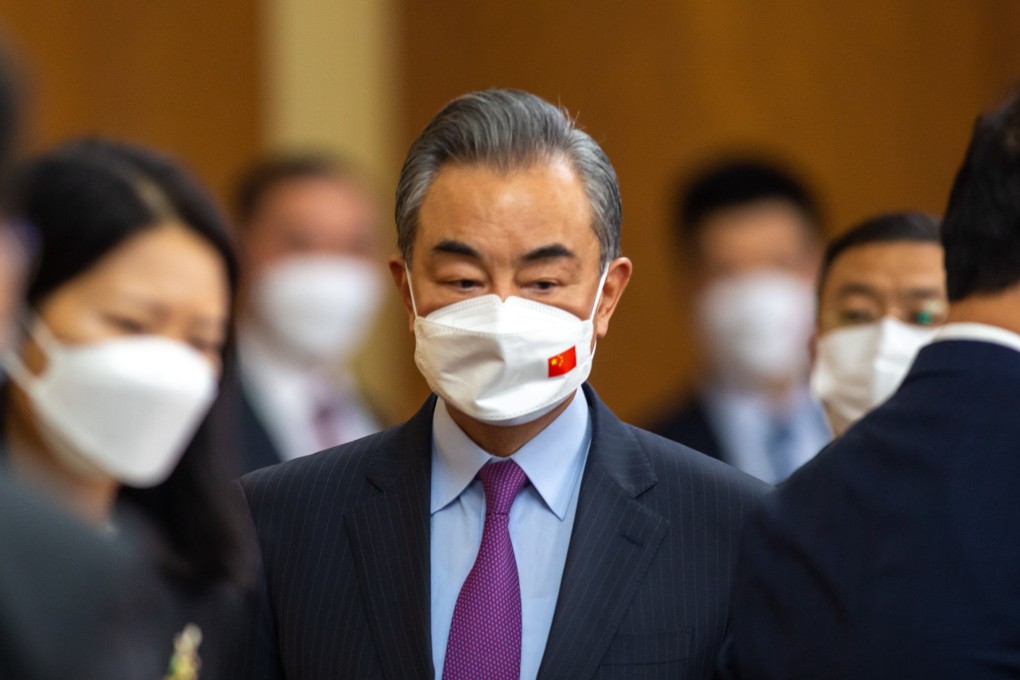Editorial | US talks while China acts with tariff cuts to 16 of poorest nations
- Once more Beijing has shown its policy is based on equality and cooperation for mutual benefit as Washington continues to play catch-up

The least-developed countries are bearing the brunt of global shock waves caused by the Covid-19 pandemic, Ukraine conflict and Cold War mentality of some Western nations. A disruption to trade, industry and supply chains has created energy, food and financial crises, particularly in Africa and parts of Asia and Latin America.
China and the United States, the world’s leading powers, have stepped up diplomacy, pledging help to governments to overcome challenges. But Washington’s efforts are less about support than trying to catch up, its promises falling significantly short of Beijing’s long-standing commitments and meaningful action.
China’s policy is based on equality and cooperation for mutual benefit. Through trade, investment and infrastructure construction, poorer countries can achieve growth that can put them on the path of sustainable development. Governments can do business with whichever partner they like, but many developing nations have found Beijing to be the most reliable and trustworthy. That is borne out by the achievements of the Belt and Road Initiative with the provision of funds, technologies and know-how. Since the start of the pandemic, China has also been a major provider of vaccines.
State Councillor and Foreign Minister Wang Yi’s schedule this year reflects Beijing’s priorities, starting with the traditional first port of call in Africa and including the South Pacific and regular Asian visits. His American counterpart, Antony Blinken, has been busy trying to shore up Washington’s alliances in the face of his country’s rivalry with Beijing. After an Asia-Pacific stop that included an Association of Southeast Asian Nations gathering in Cambodia, he travelled to South Africa, Congo and Rwanda. He was following on the heels of the US ambassador to the United Nations, Linda Thomas-Greenfield, who went to Uganda, Ghana and Cabo Verde, formerly Cape Verde.
